‘Not being talked about’
‘There is only one thing in life worse than being talked about, and that is not being talked about’
Oscar Wilde
When the Morrison government decided in December 2019 to axe the federal arts department and to fold it into the department of infrastructure, transport, regional development, and communications, it was a strong signal – if another was needed – of the low esteem and influence the arts wields in Canberra. But it shouldn’t have come as a surprise. The decision was made just months after the 2019 election campaign, when the Liberal Party offered no arts policy, and Labor only a nominal one. The depressing news came on the back of a decade of crisis and neglect for the sector, well before the spectre of Covid wreaked havoc for many artists and performers.
Creativity in Crisis, a report released in July 2021 by media academic and arts journalist Ben Eltham, and Senior Economist at the Australia Institute, Alison Pennington, detailed how the Australian arts sector has been eviscerated over a long period of time. Among other things, the report showed that since 2014 the ABC has had $783 million stripped from its annual budgets. Music and arts funding in schools has been gutted. Streaming video on demand services (SVOD) such as Netflix and Stan carry only two per cent Australian content. Children’s television budgets are half what they were a decade ago. After last year’s May budget, the National Archives was forced to crowdfund to help save Australia’s cultural legacy from crumbling to dust.
Similarly, the Throsby Report points out that in the past decade federal government arts and cultural expenditure decreased by 18.9 per cent per capita. During that period artists’ income fell by nineteen per cent.
Given the slow burn, the question for the arts sector is what is being done to respond to this long-term decline in arts investment and infrastructure?
Part of the problem for the arts community has been its sheer breadth. The nature of the political lobbying is another factor. Spending a day in Canberra or organising a special meeting or delegation with the relevant minister – where you deliver research and anecdotes from case studies, and the minister exits the engagement with a stock of social media images – is not a strategy that works if you have no political leverage and are effectively on ‘the outside’. And that’s where the arts undoubtedly are right now.
In recognition of this reality, Fund the Arts was formed in 2021 by a coalition of concerned media, advertising, lobbying, and arts professionals to address the problems besetting the sector. Fund the Arts is running a media and ground campaign in marginal seats aimed at making neglect of the arts a political liability. We want to ask these politicians – before their constituents – what are you doing for the 400,000 people working in the creative sector? What are you doing to nurture the next wave of Australian voices?
Fund the Arts has developed its own policy response as a touchstone for political contenders. Some of that is about funding, such as adding $300 million to the ABC budget or $70 million for regional and community arts, and some of it is policy driven, such as twenty-five per cent Australian content quotas for SVOD services.
Fortuitously, the Voices movement has helped break the policy logjam. In 2019, Labor merely had to move a half step from the government’s non-policy to outpoint the coalition. Today, Fund the Arts has meetings organised with Voices of Candidates looking to broaden their policy positions and appeal to constituent concerns. Many of these will be using their media platforms to deliver FTA campaign messages in whole or in part.
Through targeted advertising, social, and traditional media, we will be pressuring political candidates in twenty marginal seats to support the arts. We will also distribute scorecards for each party/candidate based on their arts policy.
Fund the Arts has identified three key demographics that will receive tailored messages making the arts relevant to their concerns and interests.
Writers and publishers have serious concerns about current funding. The 2020 Australian Society of Authors survey showed that eighty-one per cent of respondents earned less than $15,000 per annum – fifty-eight per cent of those less than $2,000. Literature received just six per cent of Australia Council grants and initiatives. But fighting for literature without supporting broader investment in arts infrastructure is futile. In so many arts disciplines, organisations that received funding in the past are failing today due to the diminished size of the overall arts funding pool.
Of relevance to the world of literature and writing, Fund the Arts is fighting for 300 Creative Fellowships ($85,000 per annum over three years) so that artists can refine their craft. We’re pushing for $133 million of Australia Council funding for individual artists and for small to medium organisations. We’re pushing for a change in policy settings so that Australia is not only an importer, but also an exporter of art and culture.
To make this campaign succeed, we need your support. Join writers like Tim Winton, Charlotte Wood, and Joanna Murray-Smith – and ABR’s own Sarah Holland-Batt and Peter Rose (both FTA Ambassadors) – to put arts back on the political agenda.


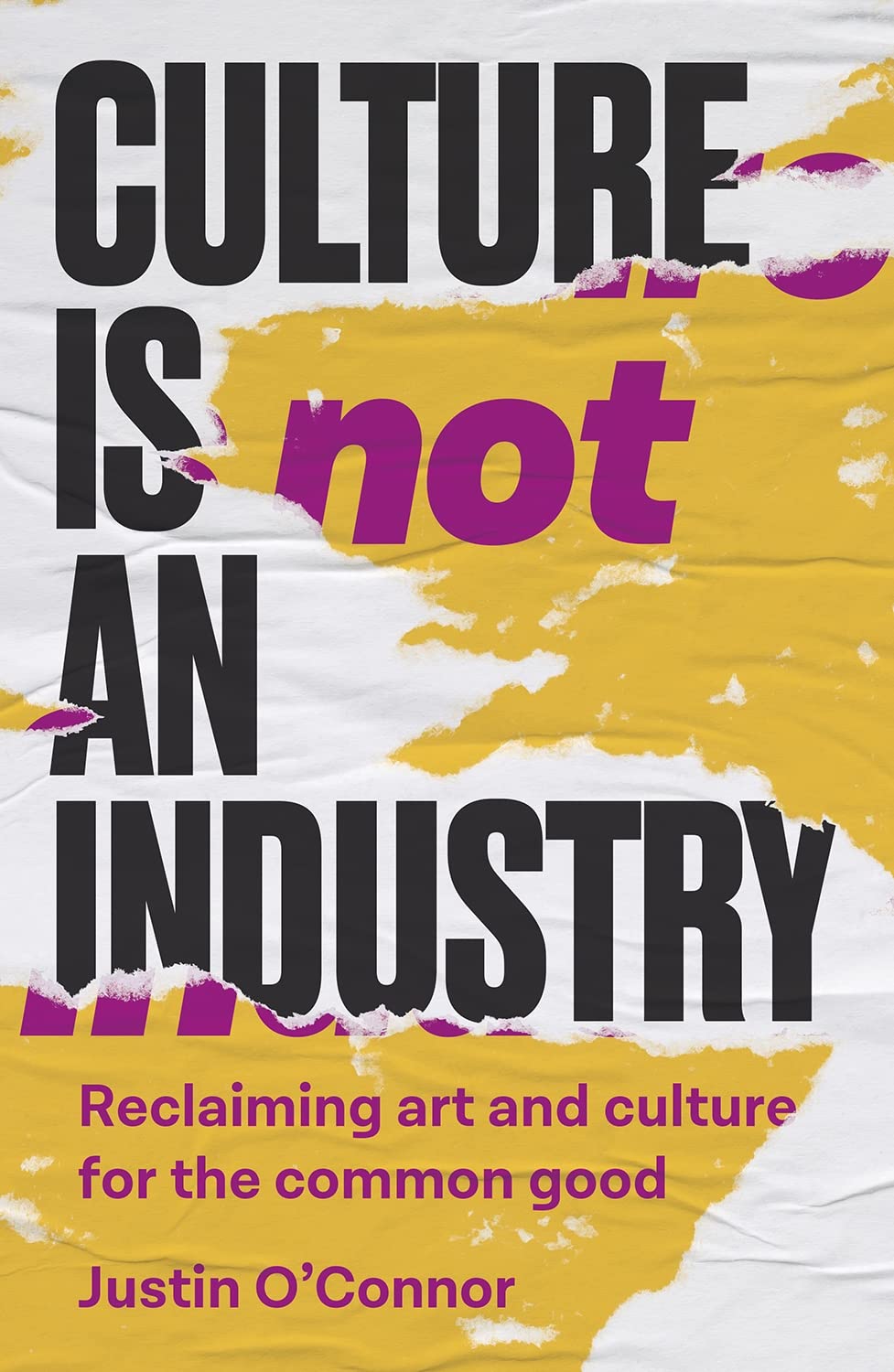
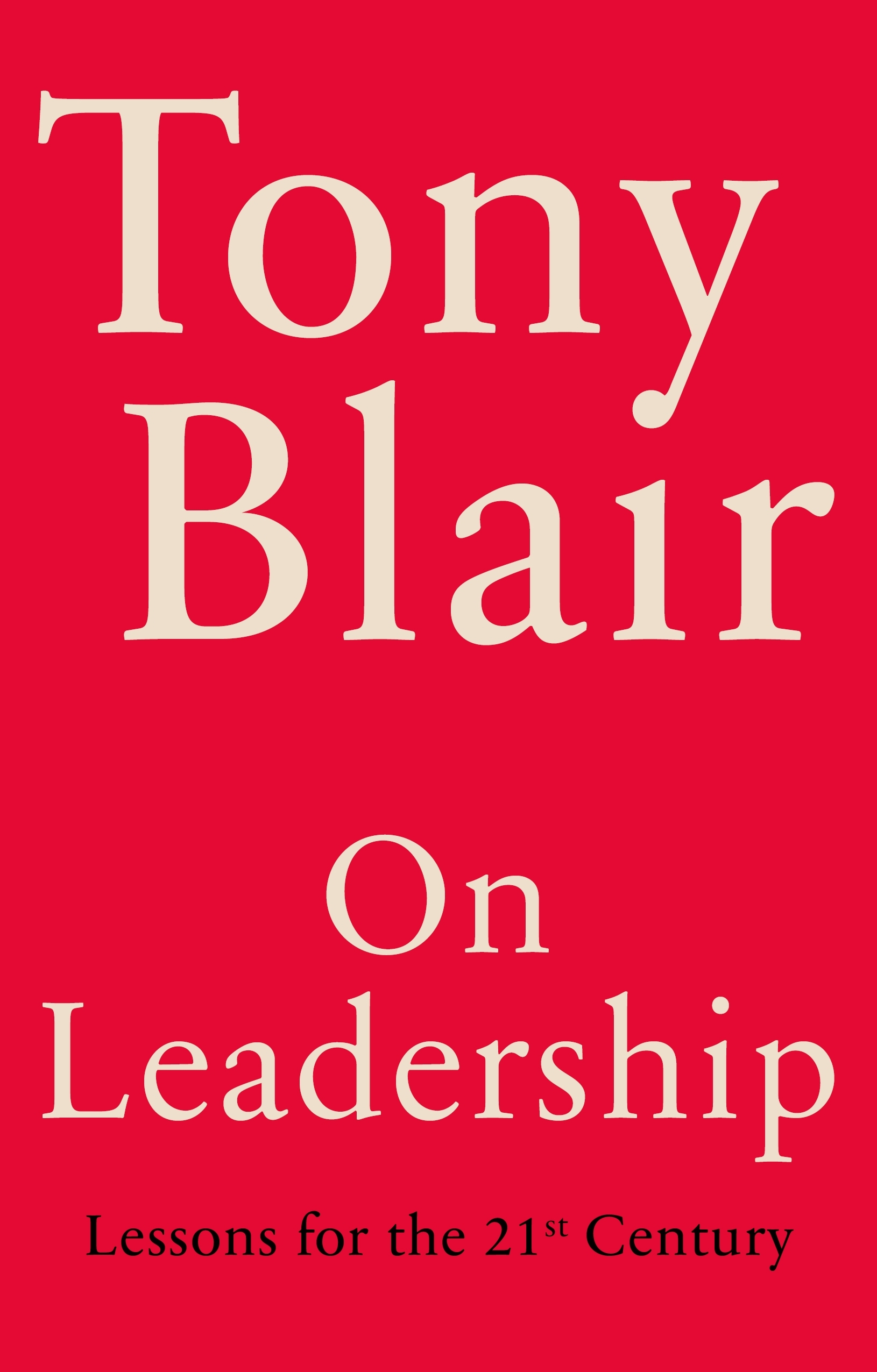
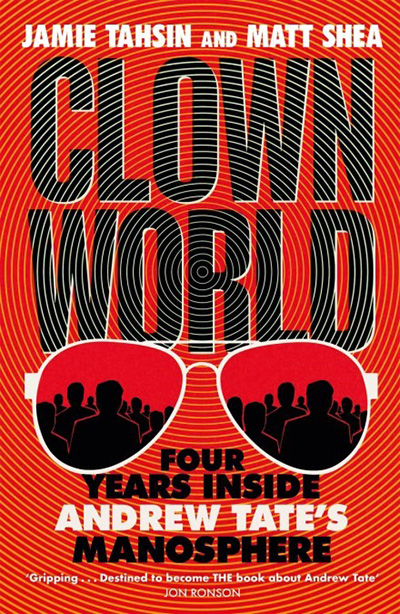
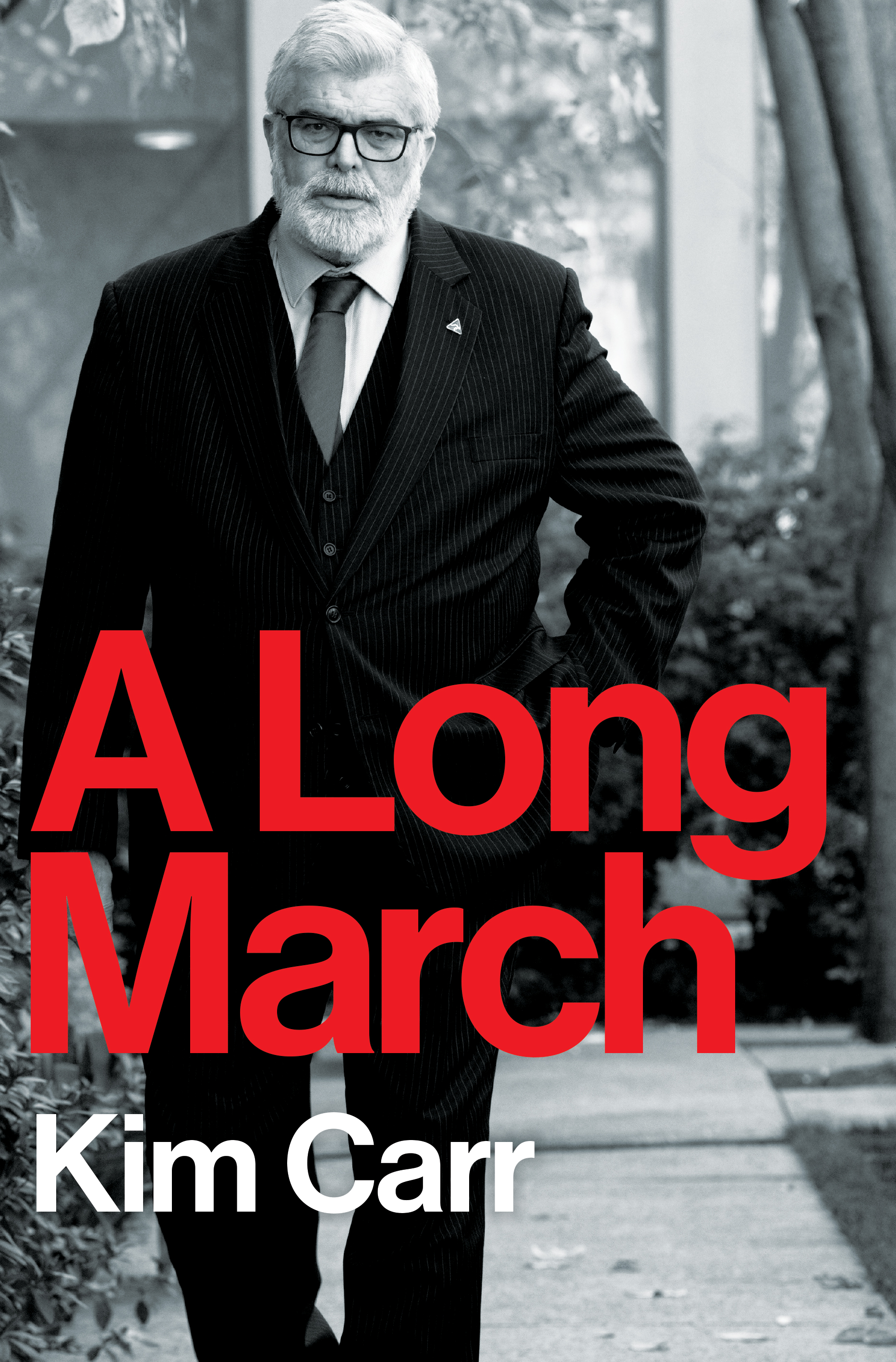
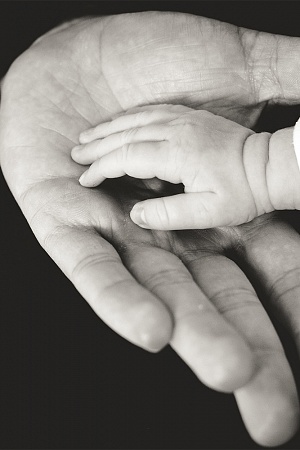
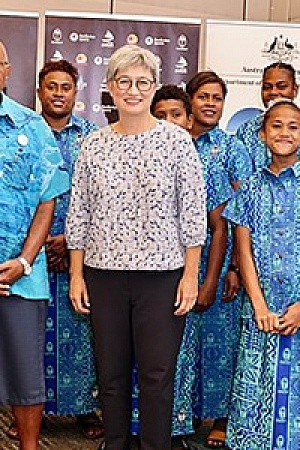
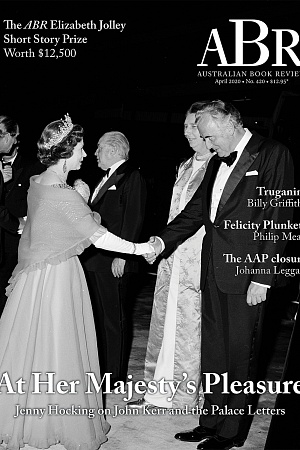

Leave a comment
If you are an ABR subscriber, you will need to sign in to post a comment.
If you have forgotten your sign in details, or if you receive an error message when trying to submit your comment, please email your comment (and the name of the article to which it relates) to ABR Comments. We will review your comment and, subject to approval, we will post it under your name.
Please note that all comments must be approved by ABR and comply with our Terms & Conditions.